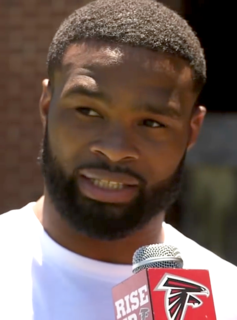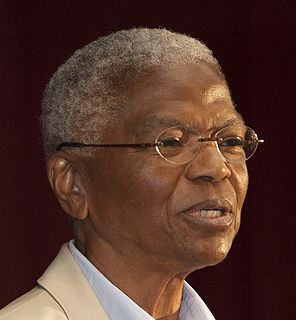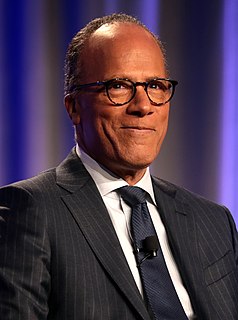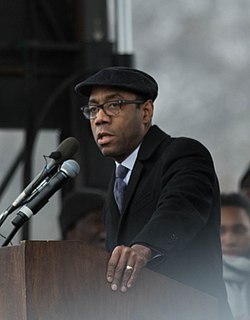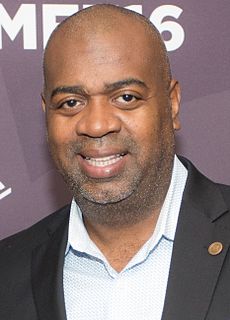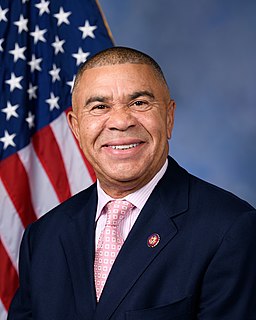A Quote by Bernie Sanders
Many White people are not sensitive to the kind of abuse that African Americans, especially younger African Americans, receive at the hands of police officers and police departments. I think for most Whites their experience with the police has been good or neutral because they don't interact with the police as much as those in the Black community.
Quote Topics
Related Quotes
African-Americans have always viewed the protection of black lives as a civil rights issue, whether the threat comes from police officers or street criminals. Far from ignoring the issue of crime by blacks against other blacks, African-American officials and their constituents have been consumed by it.
Washington has incentivized the militarization of local police precincts by using federal dollars to help municipal governments build what are essentially small armies - where police departments compete to acquire military gear that goes far beyond what most of Americans think of as law enforcement.




